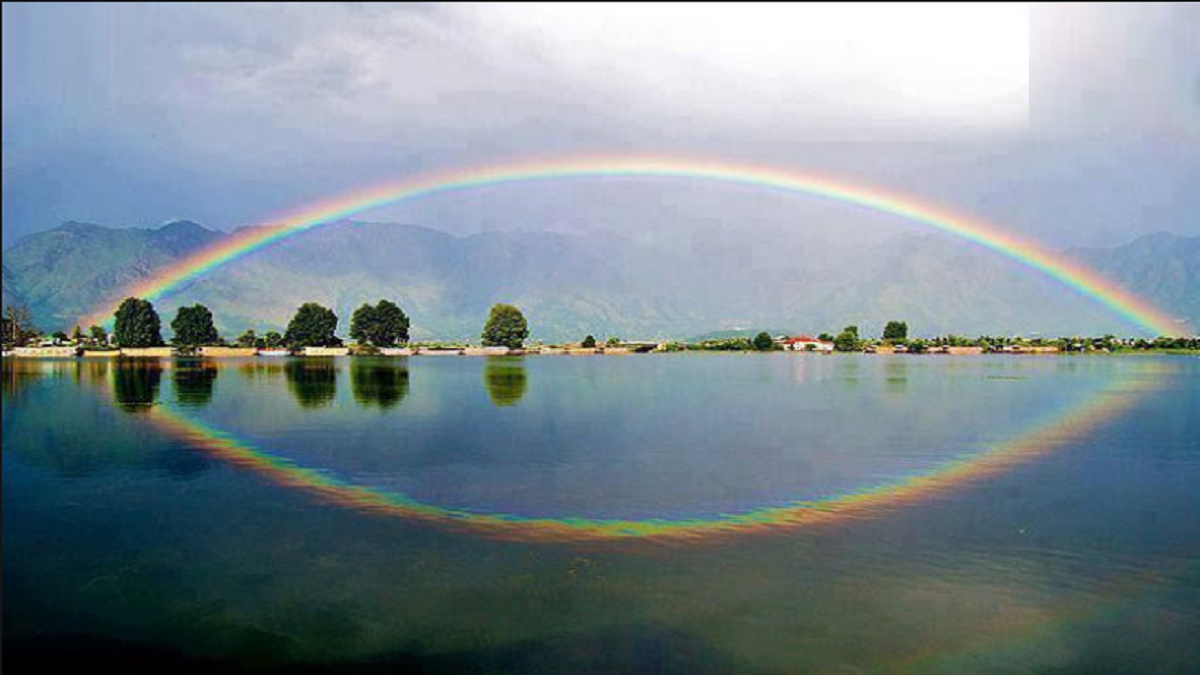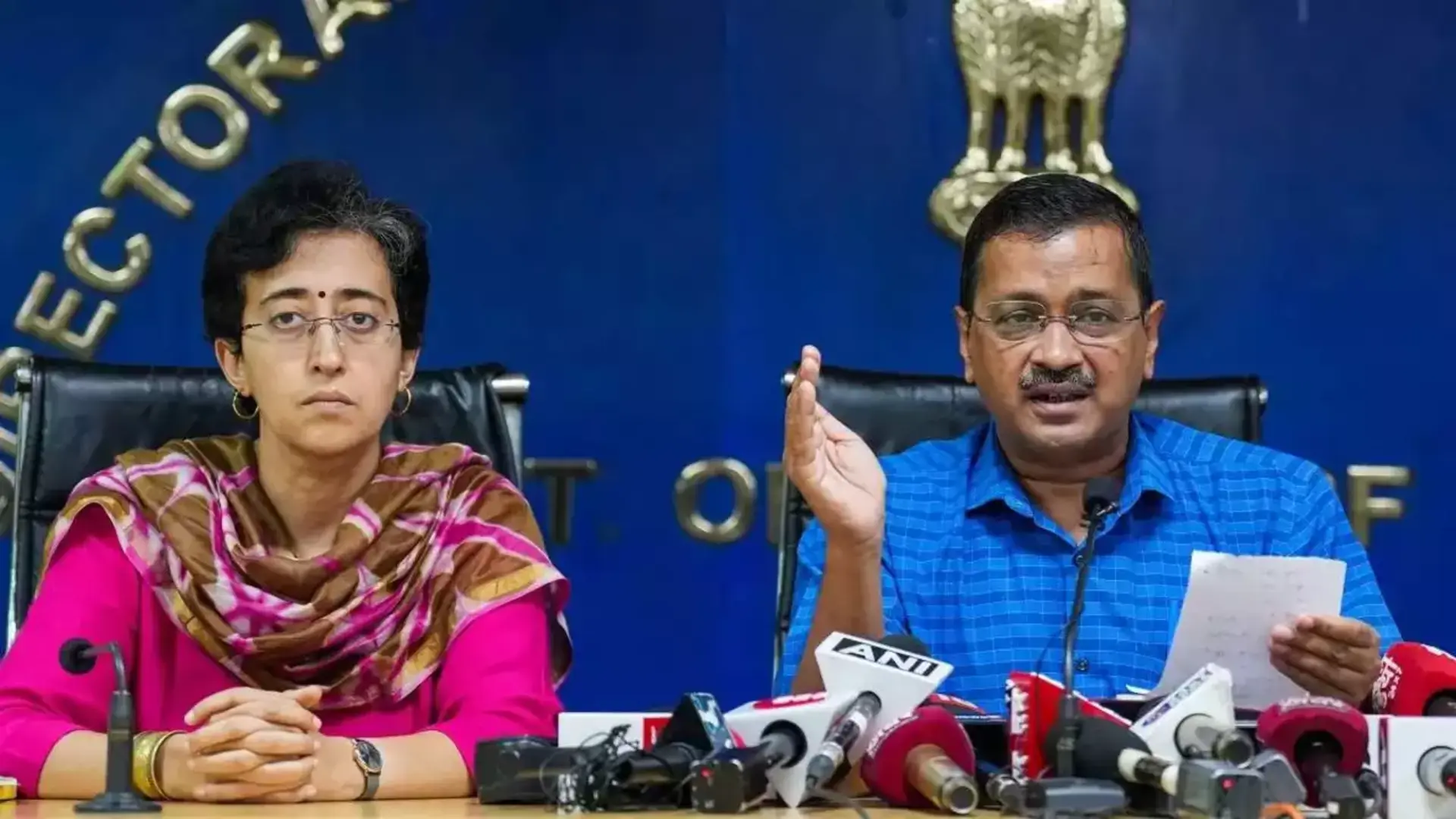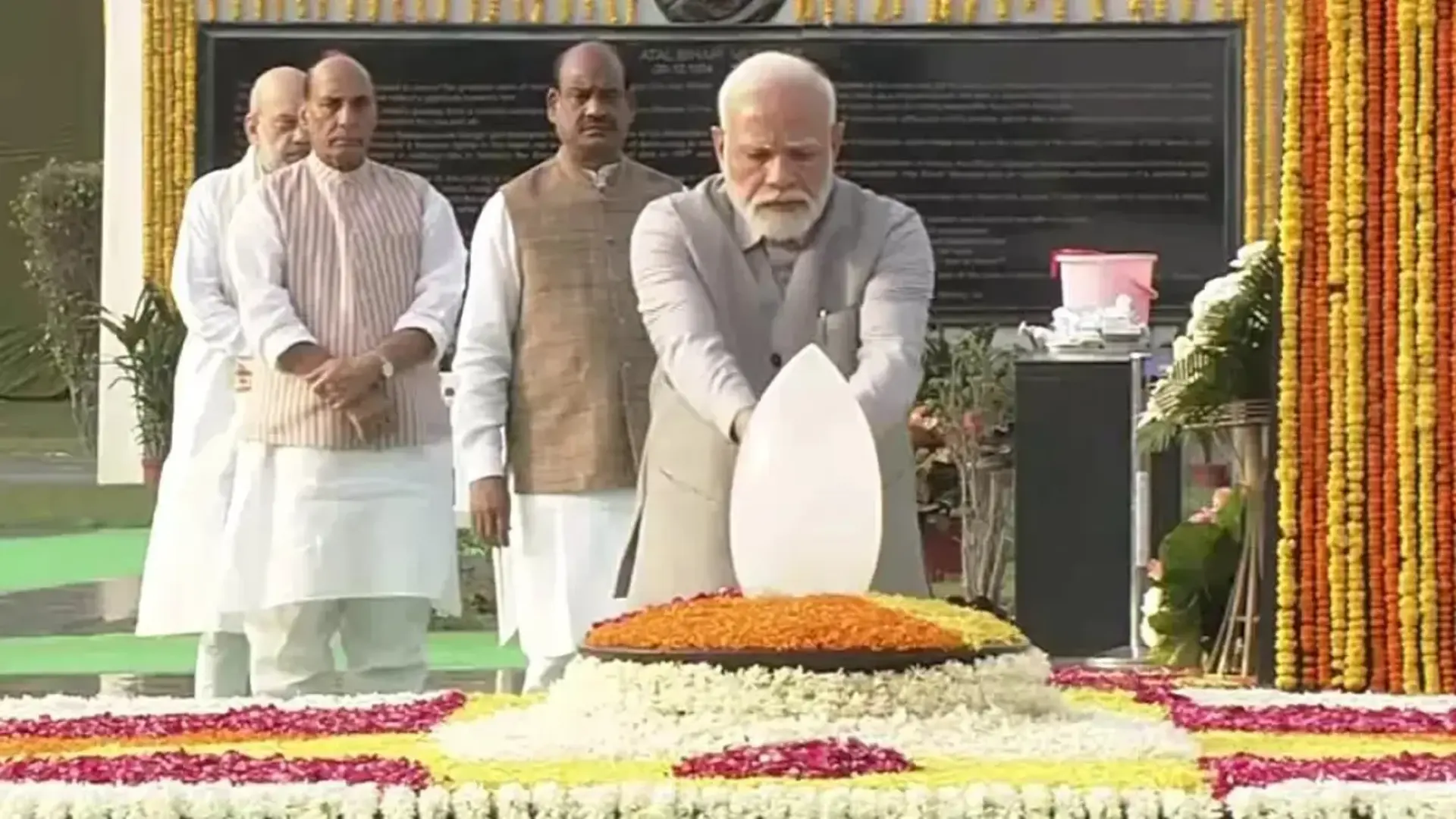It has been more than a year since the abrogation of Article 370. A lot has been said in this time. Commentaries commemorating the anniversary abound: some experts painted deterioration; some painted no change, while some expressed hope in the incremental change. Other major events have also occurred in the bygone year. One: the onset of the Wuhan virus, which turned the world upside down. Two: Chinese aggression in Eastern Ladakh. Three: Pakistan’s economy has fallen off the cliff. A few fundamental truths have also emerged. The UT of Ladakh is contended and will not likely go back to status quo ante. The opinion in the UT of Jammu and Kashmir is mixed. Jammuites miss the privileges of Article 370. However, they also do not want to go back to the old order. It is only some in the Valley who harp that things have not improved. Some of them still dream of ‘azadi’. Let us put things in perspective. The issue is no more of the entire erstwhile state. It is only of the Kashmir Valley. The options for people in the Valley are fourfold: continue to seek azadi, join Pakistan, join China, or amalgamate with India in all respect.
It is utopian to think that Kashmir can exist as an independent country between three nuclear powers. It does not have the political, geographic or economic resources, abilities or capabilities to exist as an independent nation. Comparisons can be drawn with Switzerland. However, such comparisons are superfluous. It is comparing oranges with apples. Even if Kashmir attains independence by some imaginary stretch, one of the other powers – China or Pakistan – will gobble it up. India will only be forced to let go of Kashmir either due to a major military defeat or due to the deterioration of the situation in the Valley beyond redemption. That is a ‘dream in a dream’ situation. Not going to happen. Overall, the ‘azadi’ option is ruled out. The faster Kashmir realises this, the better it is for the people. Realistic choices are that they might be part of Pakistan, China or continue to be part of India. We shall examine each of them.
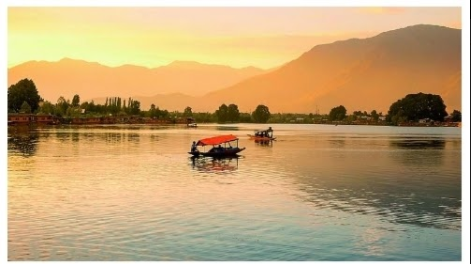
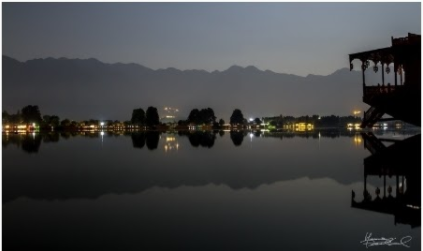
For 70 years, Pakistan sold a canard of supporting the self-determination and ‘azadi’ aspirations of the people of Jammu and Kashmir. They instigated youth to pick up arms. They infused radicalised Islam into the area. They ruined people’s lives. Pakistan’s true intent has always been to annexe Kashmir to ensure its water security and wreak revenge on India. Pakistan has now confirmed this by publishing a new map in which Jammu and Kashmir is part of its territory.
Pakistan will never allow Jammu and Kashmir to be independent. For argument’s sake let us assume that Kashmir becomes part of Pakistan. The entire lifestyle of Kashmir will have a downward revision. A joint Indo-Pak management institute study report on conditions on both sides of the divide clearly brought out that people in the Kashmir Valley and Jammu region are way better off than those people who are living in PoK. Besides this, the original inhabitants of PoK have been depopulated from the area by Pakistan. Many of them are refugees in other countries. A demographic inversion has occurred with many Punjabis inducted into the area. Kashmiris should, therefore, be prepared to be ejected from the Valley when the Pakistani Punjabis move in to exploit them and strip them of their resources. Pakistan and China will exploit the water resources of the area and build dams. This will result in a second wave of displacement. It will also result in ecological disasters. This is happening in Gilgit Baltistan where the Diamer Bhasha Dam is being built. My guess is that within a matter of five years the ‘Kashmiri’ will be in a minority in the Valley. Kashmiris will be the new wandering tribe like the Palestinians were. The difference is that there will be no closure. The bankrupt state of Pakistan and the rich Deep State will economically exploit the Kashmir Valley mercilessly. The recent incident outside the India House in the UK where pro-Pakistani supporters bore down violently on ‘azadi seekers’ is a precursor of events to come. If and when Kashmir becomes part of Pakistan, the ‘azadi seekers’ will turn to India for ‘azadi’!
When China started its aggressive actions in Eastern Ladakh there were some reports that a few Kashmiris were supportive of Chinese actions. Let us assume that China inflicts a major military defeat and forces India out of the Valley. Kashmiris opt to join China with great hope that CPEC will change their fortunes. Firstly, PLA and Chinese political commissars will move in with their form of severe censorship. Secondly, ‘azadi seekers’ and the ‘stone pelting brigade’ will be sent off to re-education centres along with other Uighurs. Thirdly – ah, I almost forgot! – Kashmiri girls will be exported as part of bride trafficking for eligible Chinese bachelors. Why? Because the Chinese still practise female infanticide. Their one-child policy and gender gap clearly point to this practice. Fourthly, sterilisation drives will be the norm. Fifthly, many mosques will be razed and converted into public toilets. All their Pakistani friends – including Mr Imran Khan, the self-professed ambassador of Kashmiris -will keep mum as he is doing now. He could not care a damn if a million Uighurs are being persecuted. Incidentally, even joining Pakistan places Kashmir under the Chinese eventually. After all Pakistan is already a vassal of China. Kashmiris will, therefore, become vassals of a vassal of China.
Ever since Article 370 has been abrogated there has been no great progress. On the other hand, there has been no deterioration of the situation either. There has been no exodus or ingress of people from or into the Valley as was feared. No one has been exploited. The situation has been generally stable. Pakistan has been kept at bay. There have been some customary terrorist attacks. Terrorists continue to be eliminated. Pakistan has endeavoured to convert the proxy war into a homegrown insurgency. No one is fooled. There has been no great upheaval. All the leaders of Kashmir who were kept out of circulation were not missed. In their absence, normal life could resume. The underprivileged and marginal communities have got their rights. Those who have been hijacking the overall agenda have been sidelined and the silent majority are getting a voice. The people of Kashmir are deriving the benefit of central laws. Their effect will take some time to manifest. At the grassroots level, people realise it. Kashmir is experiencing the pleasure and pangs of being a normal state after all these years. Internationally, after the initial hue and cry, things have settled down. The world has moved on except Pakistan and China. No one is bothered about Article 370 or the status of Kashmir. That is amply clear. High expectations and dire predictions have been belied on both sides. We need to realise that a problem which has been festering for 70 years cannot get resolved in one year.
Is the situation rosy? Definitely not. There is a lot of room for governmental action. Firstly, political activity must resume. New leaders have to be thrown up by the people, for the people and of the people. Secondly, the presence of security personnel must be reduced. There is already a move to reduce Central Armed Police Forces personnel from the Valley. That is welcome. It is also time to revisit the presence of the Indian Army in the hinterland. Restricting the Indian Army to counterinfiltration and management of the LOC will go a long way. It will convey a big message to the people and also contribute to reducing its manpower, which will lead to the modernisation of the Army. Thirdly, the statehood of Jammu and Kashmir needs to be restored. This will reinforce the pride of the people and faith in the Government of India. But most importantly, any government can only do so much. Ultimately, it is the people who will get what they want. That is democracy after all. If Kashmiris continue with India, what they get is the guarantee of democracy. Some good, some bad.
There will be many Kashmiris who will doubt if democracy really works in India. The answer to that lies in Tamil Nadu. The state exhibited secessionist tendencies once. Today it is an industrialised and developed state. It was done by the people for themselves with their leaders. They realised that their best interests were within the Indian Constitution. So a turnaround is quite possible if the Kashmiris want it. On the other hand, the Government of India will not let Kashmir go to Pakistan or China. We know that Kashmir cannot exist on its own. Indians realise that the fate of Kashmiris will be worse off if they are part of either Pakistan or China. We will do whatever it takes to keep our brethren in Kashmir as part of us. Pakistan and China can take a walk. We also realise that the time has come when both these countries must realise that if they continue to meddle in our internal affairs, we will do the same to them. It is a matter of time.
Finally, the Valley cannot be independent. If Kashmiris seek ‘azadi’ in amalgamating with Pakistan, they will be exploited and displaced. If they seek ‘azadi’ in China, they might end up in a concentration camp alongside the Uighurs or have more public urinals than mosques. If they continue to be in India, they will struggle like all of us, but be free. However, for that to happen, they have to make a self-commitment.
Lt Gen PR Shankar was India’s DG Artillery. He is highly decorated and qualified with vast operational experience. He contributed significantly to the modernisation and indigenisation of Artillery. He is now a Professor in the Aerospace Dept of IIT Madras and is involved in applied research for defence technology. His other articles can be read on his blog www. gunnersshot.com.

